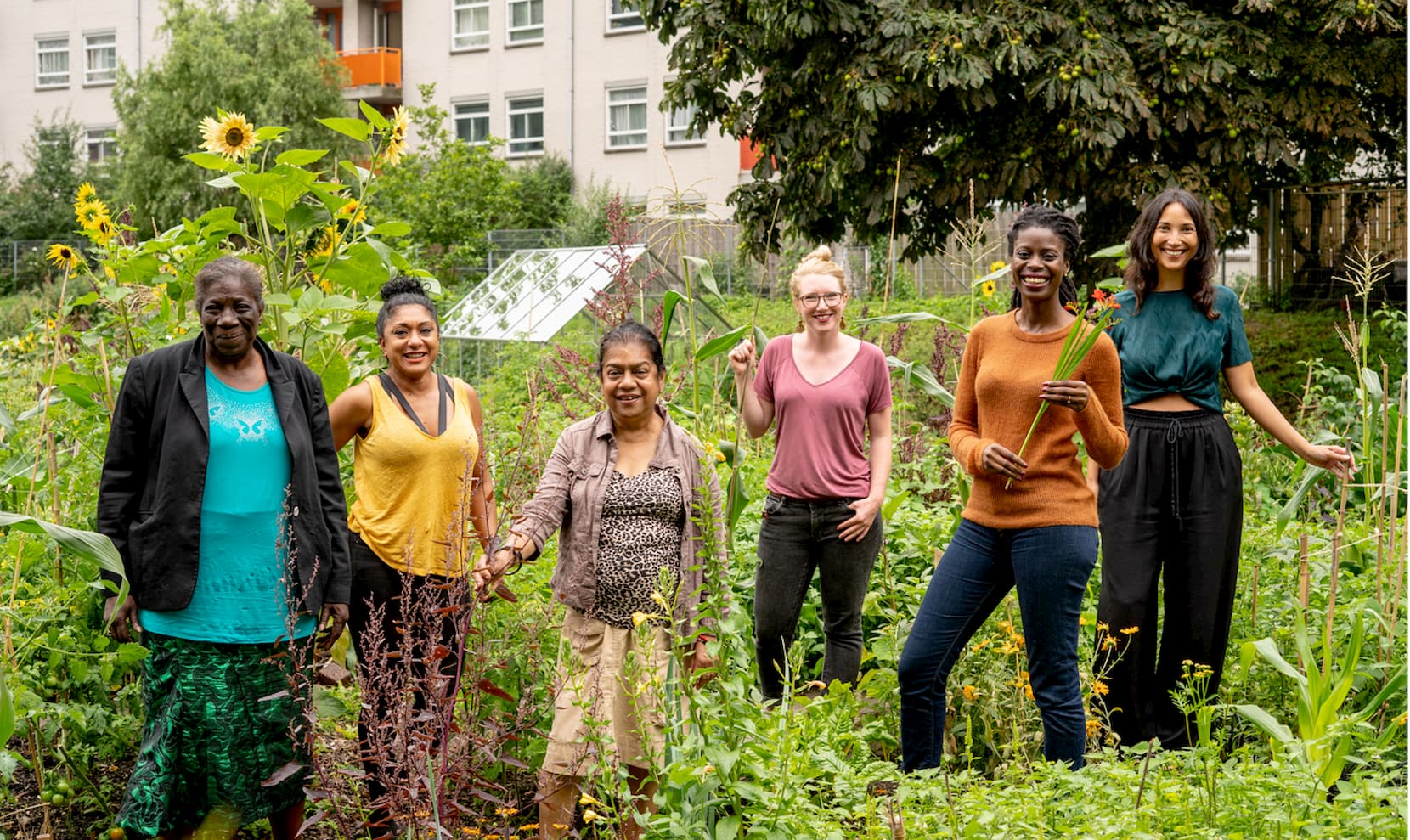
Contemporary opera about the mysterious southern continent
The South Pole is one of the last places on earth rarely visited by humans. It is too cold and inaccessible. It is a fruitful source of inspiration for untold stories and histories.
Australian composer Mary Finsterer’s new work explores the historical, mythical and scientific conceptions and stories about the southern continent. With a mesmerising combination of musical elements from early and new styles, presented against a backdrop of large video projections, we are transported into the world of Antarctica.
dates
Sun June 5 2022 8:30 PM
Mon June 6 2022 8:30 PM
prices
- default from € 33
- CJP/student € 12
information
-
English surtitles: Dutch
-
1 hour 45 minutes (zonder pauze)
related
Click here for the program text and a libretto.
Background
Antarctica is the fifth largest continent in the world, and it is the coldest region on earth. It houses many kinds of flora and fauna, with krill, whales, penguins and research scientists as regular itinerants on its vast coastline. It’s almost other-worldly, uninhabitable landscape gives this place a mysteriousness and mythological presence and this is reflected in Finsterer’s music as much as the libretto devised by Tom Wright. ‘We are living in a time when anthropogenic climate change is destabilising every aspect of our lives on a political, cultural and scientific level. We all realise how vulnerable is our existence and our planet. It is in this context that Tom and I dreamed up Antarctica.’
























